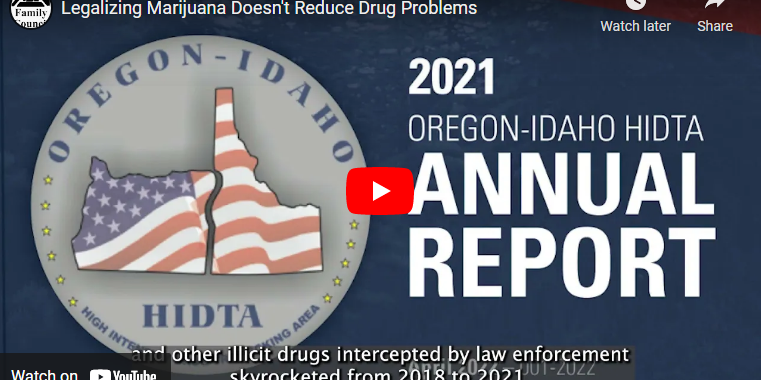Fentanyl Seizure Skyrockets in Colorado Despite Marijuana Legalization

Evidence continues to show that marijuana legalization does not reduce drug problems and drug-related crime.
Earlier this summer the U.S. Department of Justice announced that law enforcement in Colorado had seized more illegal fentanyl in the first five months of 2022 than in all of 2021.
Keith Weis, Executive Director from the Rocky Mountain High Intensity Drug Trafficking Area Program, told the press, “When we analyze data that indicates increases in drug seizures and dramatic rises in fatal overdoses, it becomes alarmingly apparent that the user market for illicit fentanyl in the state [Colorado] is expanding.”
There is a myth that legalizing marijuana reduces crime and alleviates the demand for opioids and other drugs, but that simply does not seem to be the case.
Colorado was the first state to sell so-called “recreational marijuana.” In spite of that, illicit drug use has skyrocketed there.
In 2020 law enforcement seized more than five and a half tons of illicit marijuana in Colorado intended for the black market.
A report from the Oregon-Idaho High Intensity Drug Trafficking Area this year shows the amount of methamphetamine, heroin, cocaine, illicit marijuana, fentanyl, prescription drugs, and other illicit drugs intercepted by law enforcement increased dramatically from 2018 to 2021 despite marijuana being legal in Oregon.
Legalizing marijuana does not decrease drug-related crime, and it does not alleviate drug problems. If anything, it seems to make those problems worse.




